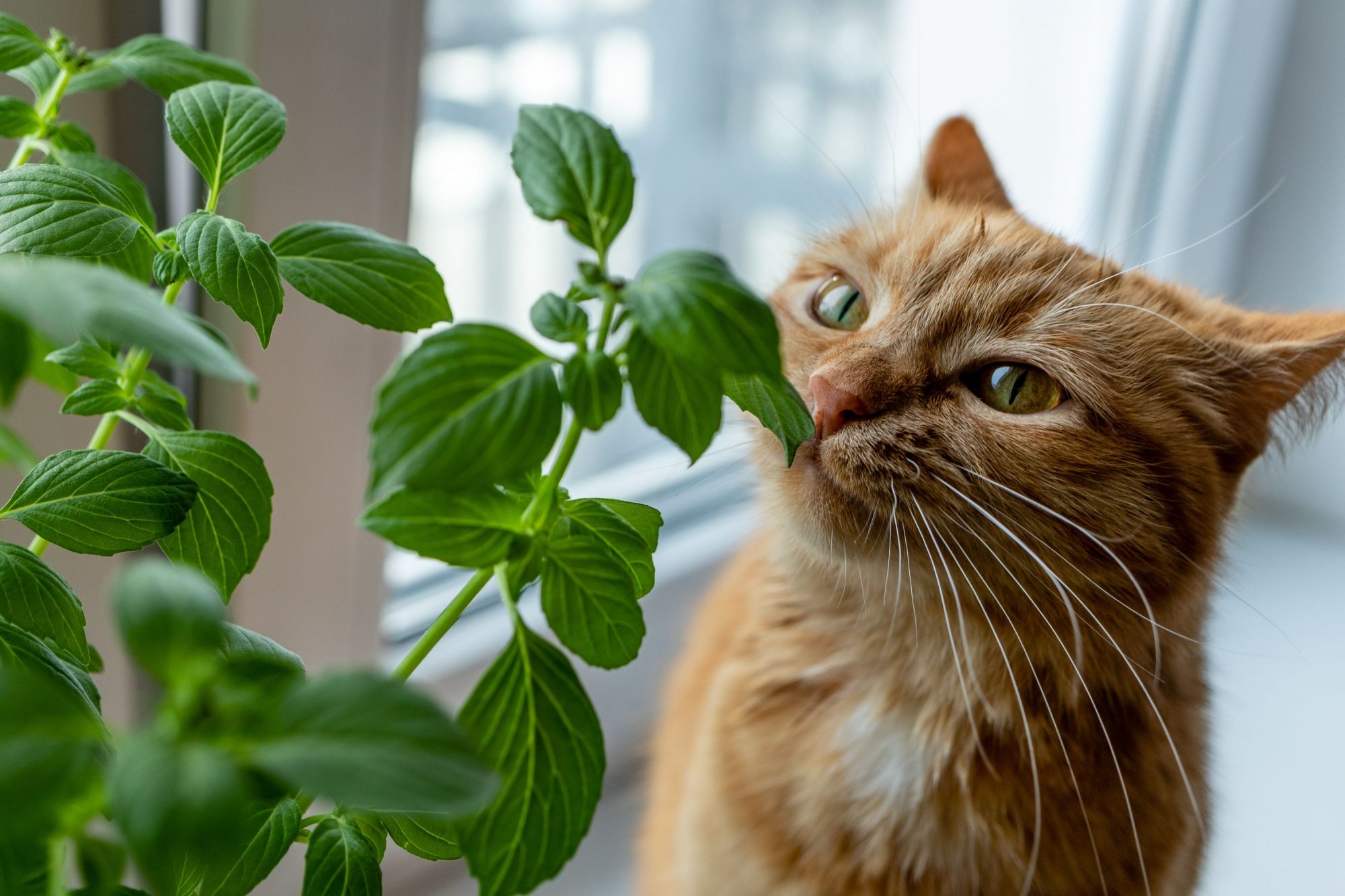Pet Poison Prevention Month: Do You Know What Toxins Are In Your Home and Yard?

This month we are raising awareness about pet poison prevention. This is a great opportunity to explore the poisons that are all too common around the house that can harm pets. These range from mild toxicity to fatal when ingested, which is why it is of the utmost of importance to know how to recognize them and the signs of pet toxicity.
Your friends at MarketPlace Veterinary Hospital want to inform you about this topic, so you can keep your pet safe and sound.
Pet Poisoning: More Common Than You Think
Each year, the ASPCA Animal Poison Control Center receives on average about 200,000 pet poisoning calls. The items that are more often called about may even surprise you, such as batteries and snail bait. Chocolate, of course, ranks up there as the most ingested pet toxin, but here are some other products to keep out of reach of your pet.
- Toxic food items: These include alcohol, fruit seeds and pits, Xylitol in sugar-free items, chocolate, macadamia nuts, grapes and raisins, coffee, garlic and onions, moldy foods, and hops.
- Medications: Medications are another frequently reported pet poison, which often include the ingestion of antidepressants, anti-seizure medications, NSAIDs like ibuprofen, Motrin, Advil, acetaminophen or Tylenol, decongestants, and Vitamins like iron and vitamin D.
- Plants and flowers: Several plants that we adore around the yard and garden are poisonous. Watch out for azalea, oleander, lilies, daffodils, autumn crocus, etc.
- Household cleaners: Toxic things we commonly use around the home are fertilizers, herbicides and insecticides, de-icing salts, antifreeze, and moth balls.
The list of what might be toxic to pets can be endless, but these are some of the areas of concern in the house and yard.
Symptoms of Pet Toxicity
Depending on your pet’s size, age, health, what they ingested, and how much all contributes to the outcome of toxicity. Obviously, the more poison your pet ingests, the worse the toxicity.
Each poisonous substance also presents different symptoms, but here are clinical signs of toxicity to be aware of.
- Restlessness or agitation
- Variations in pulse or heart rate
- Increased or decreased blood pressure
- Vomiting
- Diarrhea
- Unexplained bruising or bleeding
- Pale gums
- Unsteadiness
- Tremor
- Seizure
- Collapse
If you know your pet ate something they shouldn’t, call us right away. It’s important to act quickly to avoid more serious symptoms.
Pet Poison Prevention
To keep your pet safe from possible poisons, practice the following safety tips:
- Do a sweep through the house and store anything that is potentially toxic to pets.
- Research any plants you want to keep at home and in the yard, including trees and shrubs, to ensure they are safe for pets.
- Secure all chemicals and automobile fluids in a storage cabinet in the garage.
- Clean up any spills from cleaners and automotive additives.
- Switch to pet friendly household cleaners and lawn and garden products.
- Cover garbage bins and compost containers.
If you would like more information on pet poison prevention and awareness, or would like to schedule an appointment, please contact us.

